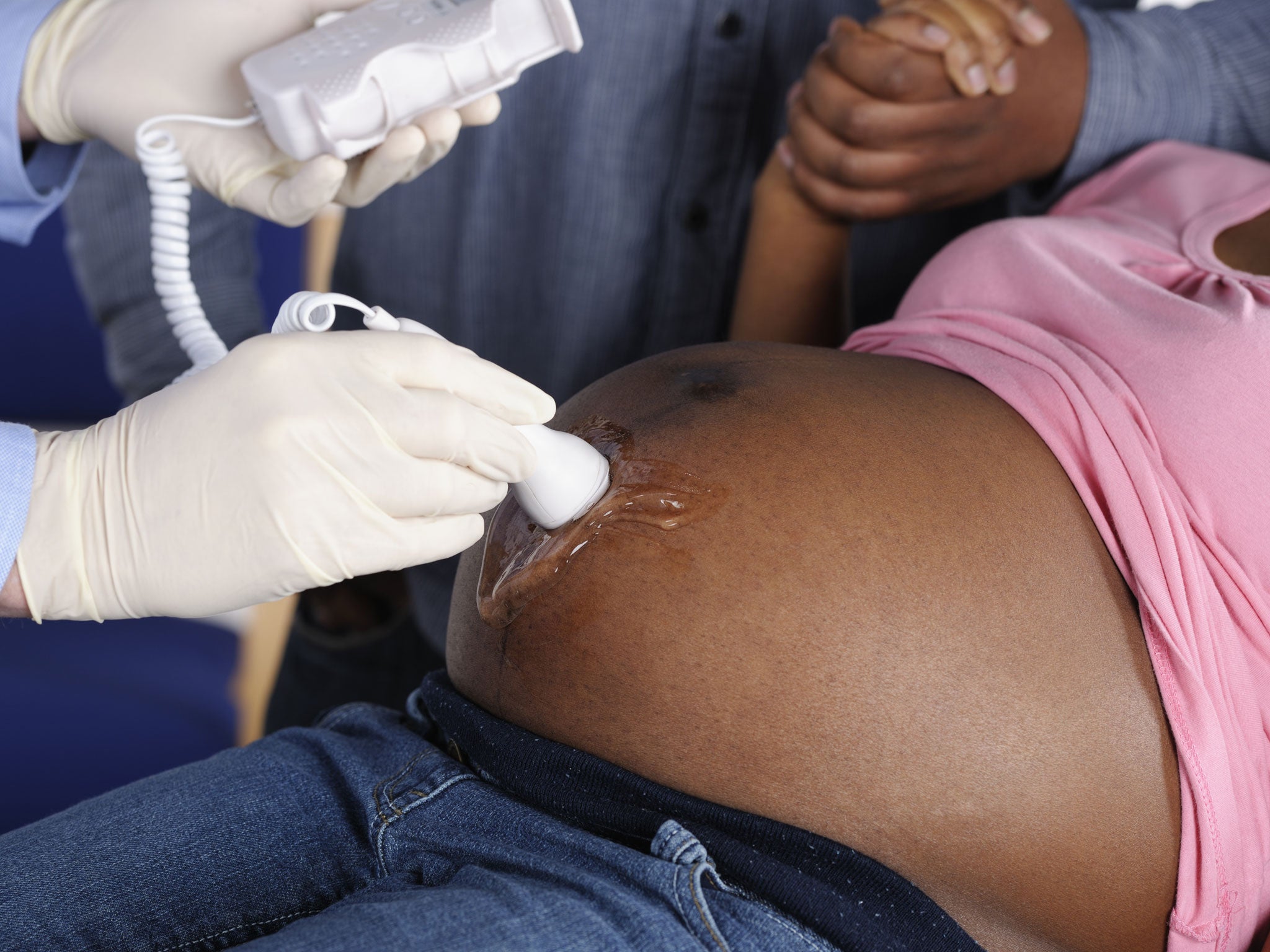Cluster of 'avoidable' baby deaths at NHS trust to be investigated
Failure to properly monitor foetal heartbeat during labour a factor in 'at least five' deaths

A cluster of baby deaths at the same NHS trust will be investigated, Health Secretary Jeremy Hunt has announced.
An investigation by the BBC revealed at least seven infant deaths at the Shrewsbury and Telford Hospital NHS Trust were later deemed “avoidable” at coroners’ inquests or other investigations.
Failure to properly monitor the heartbeats of the babies during labour was a contributory factor in at least five of the deaths.
The BBC said it had uncovered at least nine suspicious deaths at the trust between September 2014 and May 2016.
The trust said its mortality rates are in line with the national average and that improvements have recently been made.
Dr Edwin Boardman told the BBC: “In the case of foetal heart monitoring, we have identified a number of cases where learning has not been fully implemented. We’ve put systems in place to make improvements.”
The nine suspicious deaths include those of twins Ella and Lola Greene, who were stillborn in 2014 after staff failed to correctly monitor and interpret their heart rates.
Their mother Kelly Jones told the BBC she had repeatedly raised concerns during the later stages of pregnancy after she began to feel pain, but staff failed to properly assess her.
“They had four missed opportunities and they didn’t (take them), so now I get to spend the rest of my life going, ‘what if, what if, what if’... because they couldn't be bothered to do their job properly."
A letter from the trust to Ms Jones said their investigation “shows that both babies died from severe hypoxic ischemia (oxygen starvation to the brain) contributed to by delay in recognising deterioration in the foetal heart traces and the missed opportunities for earlier delivery”.
The coroner in the June 2016 inquest into the death of Kye Hall at Telford’s Princess Royal hospital found that staff errors had contributed to the baby boy’s death.
“His death was caused or contributed to by failings at the Princess Royal hospital, Telford, namely a failure to reclassify Kye’s mother as a high-risk case on two occasions and a failure to [listen to] his foetal heart rate at two critical times prior to delivery,” Coroner John Ellery said.
Kye died four days after he was born on 15 August 2015 as a result of brain damage caused by serious oxygen deprivation.
The trust accepted during the inquest that some recordings of Kye’s heart rate when he was still in the womb were not taken or written down, and that his mother could have been referred to its consultant-led maternity unit when her blood pressure dropped.
The trust also accepted other inquest findings that poor foetal heart monitoring was a factor in the deaths of Graham Scott Holmes-Smith in 2015 and Ivy Morris in May 2016.
Ivy was born alive but in an extremely poor condition and died aged four months in May 2016 from complications associated with her birth.
An inquest found her “death would have been prevented had appropriate monitoring taken place in the second stage of labour”.
“It (the death) should never have happened,” said Ivy's mother, Tamsin.
“To hear that this (mistake) has happened before - it's just another blow. I've had an apology from the hospital, and assurances that this won't happen again. And I accept those.
”But other families have had those assurances and those apologies and if those were followed up, in the way that they said that they would, then … I would have my daughter.“
An inquest into the death of a one-day-old girl, Pippa Griffiths, from a group B streptococcus infection while in the trust’s care, found she could have lived had she received better medical care.
The trust accepted the baby girl would probably have survived if staff had spotted the infection earlier.
Other deaths under examination include that of Oliver Smale in 2015.
The coroner said his death could have been prevented if he had been born earlier by caesarean section.
Two of the nine “avoidable” deaths were never properly investigated, according to the families, who suspect there could be more.
Maternity services at the trust were strongly criticised last year in an inquiry, commissioned by NHS England, into the death of a baby girl, Kate Stanton-Davies, in 2009.
Her parents fought the trust for answers and a proper apology for years following her death.
An official report published by NHS England last year found there was a lack of a proper safety culture at the trust going back to 2009.
Kate's mother Rhiannon Davies said: “They haven’t just killed my daughter but they have disregarded the value of her life, her memory, her life had value and meaning because there was so much from it that they could have learned and improved from.”
Mr Hunt has asked NHS England and NHS Improvement to review the series of deaths and other incidents at the trust to ensure they were properly investigated.
He has also asked the trust to contact all affected families.
The Trust has said it will co-operate fully with the upcoming review.
Join our commenting forum
Join thought-provoking conversations, follow other Independent readers and see their replies
Comments
Bookmark popover
Removed from bookmarks